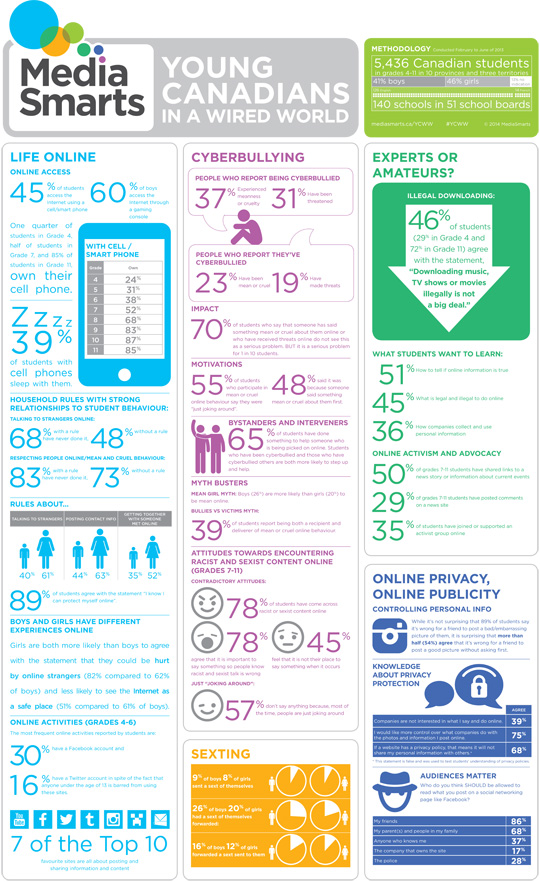From the great Tony Vincent's blog… so many ways for students to show their learning.
Showing posts with label student engagement. Show all posts
Showing posts with label student engagement. Show all posts
Thursday, April 28, 2016
Friday, April 1, 2016
Student Engagement Defined
Hidden Curriculum (2014) provides the following definition of engagement:
In education, student engagement refers to the degree of attention, curiosity, interest, optimism, and passion that students show when they are learning or being taught, which extends to the level of motivation they have to learn and progress in their education. Generally speaking, the concept of “student engagement” is predicated on the belief that learning improves when students are inquisitive, interested, or inspired, and that learning tends to suffer when students are bored, dispassionate, disaffected, or otherwise “disengaged.” Stronger student engagement or improved student engagement are common instructional objectives expressed by educators.
Excerpted from the book, “UnCommon Learning: Creating Schools That Work for Kids,” by Eric Sheninger, published by Corwin, 2015.
Wednesday, March 25, 2015
Tips on Engaging Students
Getting students engaged is not an easy task particularly in an age that is full of all kinds of distractions. Some argue that some of the habits that students have developed as a result of their heavy use of emerging technologies and social media have negatively impacted their capacities to concentrate and focus for longer stretches of time. Multitasking in particular is blamed for this and we do side with the camp that views multitasking as a distractor to productivity and not a positive attribute.
Yes multitaskers are hard to hook in and keep their focus on a learning task for longer time but motivation makes a difference. When students are motivated to learn, focus and attention comes along easily. Below is a beautiful graphic featuring 8 ways to get students motivated. Check it out and share with us what you think of it. EdTech
Thursday, January 22, 2015
Young Canadians in a Wired World, Phase III - Infographic
About Young Canadians in a Wired World
Initiated in 2000 by MediaSmarts, Young Canadians in a Wired World (YCWW) is the most comprehensive and wide-ranging study of children’s and teens’ Internet use in Canada. Phase I and Phase II of this ongoing research project – which tracks and investigates the behaviours, attitudes and opinions of Canadian children and youth with respect to their use of the Internet – were conducted in 2001 and 2005. In 2011, MediaSmarts launched Phase III of the YCWW study with qualitative research comprising interviews with teachers from across Canada and focus groups with children and youth and parents, followed by a national classroom survey in 2013.
Friday, December 19, 2014
Questions a Critical Thinker Asks
1- Application Questions:These questions ask students to apply essential knowledge to new settings and contexts. For example:
How could you apply these grammar and usage principles to your essay?
How could you demonstrate the use of this concept?
How would you illustrate this process in action?
What can we generalize from these facts?
2-Analytical Questions:These questions ask students to dissect key information and analyze essential concepts themes, and processes. For example:
How are these characters alike and different?
What is an analogy that might represent this situation?
How would you classify these literary works?
What are the major elements that comprise this sequence of events?
What are the major causes of this situation?
3- Synthesis Questions:These questions require students to formulate a holistic summary of key ideas, make inferences, or create new scenarios. For example:
What would you hypothesize about these unusual events?
What do you infer from her statements?
Based upon these facts, what predictions would you make?
How do you imagine the space ship would look?
What do you estimate will be the costs for the project?
How might you invent a solution to this ecological problem?
4- Interpretive Questions:These are open-ended questions that require students to formulate opinions in response to ideas presented in a print or non-print (e.g., art work, audio-visual) medium. Students must support their opinions with direct textual evidence. For example:
What does Frost mean when he says: "I have miles to go before I sleep?"
Why does the photographer emphasize only his subject's eyes?
5- Evaluative Questions:These questions require students to formulate and justify judgments and criticisms based upon clearly-articulated evaluative criteria. For example:
Why did you decide to choose that course of action?
How would you rank these choices?
How might you defend that character's actions?
How would you verify that conclusion?
What is your critique of that work of art?
From:
Subscribe to:
Posts (Atom)



